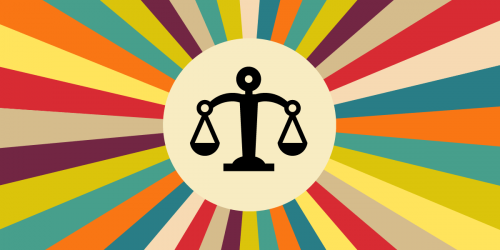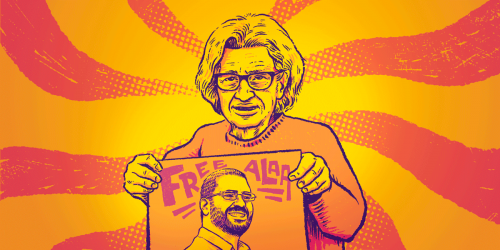In Armenia, online anonymity could be a luxury of the past if a bill that is currently before the Armenian parliament is passed. The bill would make it illegal for media outlets to publish defamatory content by anonymous or fake sources. Additionally, under this bill, sites that host libelous comments that are posted anonymously or under a pseudonym would be required to remove such content within 12 hours unless an author is identified.
Edmon Marukyan, one of the bill’s drafters, explained the goal of the bill saying, “You can remain incognito as much as you like. Write your posts, but if they end up in the media, then someone has to bear responsibility.” Thus this bill was drafted in an effort to hold a party accountable if and when the dissemination of defamatory material on public websites occurs. However, the need for Armenian legislators to target media outlets and hold them responsible for this type of commentary greatly infringes upon the right to freedom of expression and association. Marukyan believes that sites “bear responsibility” for users' comments, but said “the purpose of the bill was to clarify liability, not curb expression.” Unfortunately, the bill would most certainly curb expression—stifling the commentary of those who would no longer feel secure posting on a medium that would require them to reveal their true self.
Holding a public electronic site liable for its users’ commentary is risky, as displayed in a legal analysis of the Armenian bill published in March 2014 by the Organization for Security and Co-operation in Europe (OSCE). The OSCE raises concerns with the bill, mainly criticizing it for its excessively broad scope, vague definitions, and general lack of clarity. The OSCE proposes that Armenia, though not a member state of the European Union (and thus not legally bound to EU law), look to European law and other directives as a guide for determining whether the bill upholds the right to freedom of expression as outlined by the Universal Declaration of Human Rights. Legislation that is noted in the OSCE’s legal analysis includes Directive 95/46/EC (Directive on Data Protection), “a reference text, at European level, on the protection of personal data."
Furthermore, the OSCE notes that since Armenia is a member state of the United Nations, it is obligated to uphold the civil and political rights of individuals outlined in the International Covenant on Civil and Political Rights (ICCPR)—an international treaty aimed at preserving the right to freedom of expression, amongst other liberties. Additionally, the legal analysis points to the International Principles on the Application of Human Rights to Communications Surveillance (the 13 Principles) as another guide for the Armenian parliament to use when determining whether or not the proposed bill is consistent with human rights law.
The OSCE writes that if the bill is passed, it’s “likely to discourage Internet operators from carrying out business in the Republic of Armenia, since the risk of being charged with liability for defamation is apparently doomed to increase.” It would be devastating if certain online platforms that were once available for anonymous users to post and exercise their basic human right to freedom of expression were suddenly inaccessible.
Stay tuned for updates on the bill and click here to read the Legal Analysis of Draft Amendments to the Civil Code of the Republic of Armenia in its entirety.











